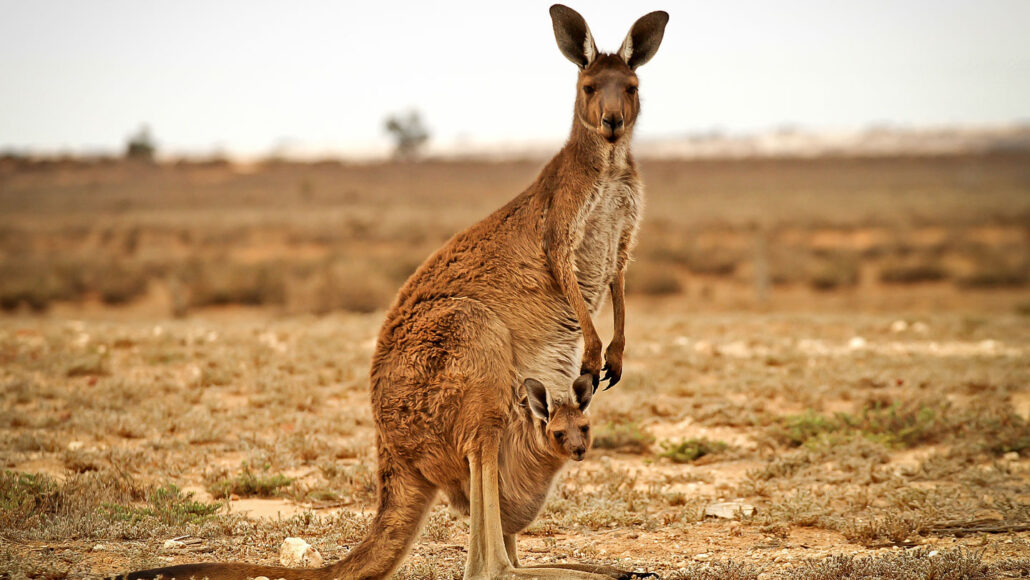mammal: A warm-blooded animal distinguished by the possession of hair or fur, the secretion of milk by females for feeding their young, and (typically) the bearing of live young.
marsupial: A type of mammal that carries its young for a period after birth in external pouches. There the developing babies have access to their mother’s nipples — and milk. Most of these species evolved in Australian and have especially long hind-legs. Examples of marsupials include kangaroos, opossums and koalas.
quoll: A small, meat-eating marsupial that has a spotted coat and looks similar to a cat. These animals are native to Australia and New Guinea.
species: A group of similar organisms capable of producing offspring that can survive and reproduce.
Tasmania: A major, mountainous island of Australia, south of the eastern part of the mainland across the Bass Strait. Until 1856, Tasmania had been known as Van Diemen's Land. Home to nearly 500,000 people, its capital city is Hobart. The name also refers to a state in Australia that comprises this island and several smaller ones.

